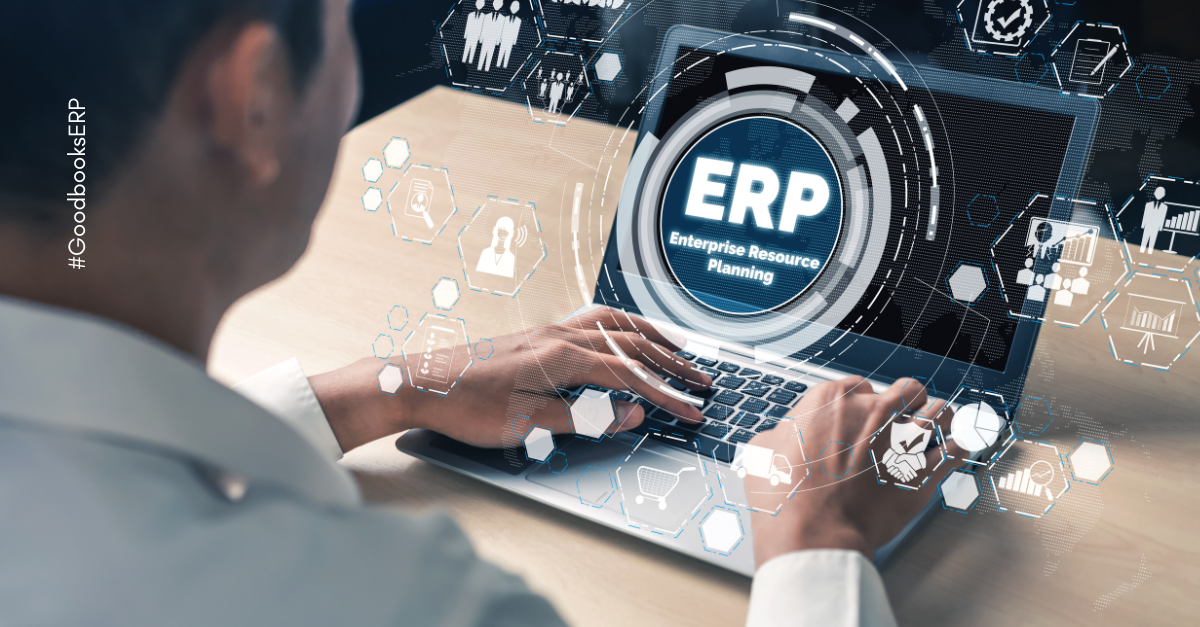Enterprise resource planning (ERP) systems are designed to integrate and manage a company’s various business processes and resources, including financial, human resources, manufacturing, and supply chain management. These systems provide a central platform for storing and accessing data, allowing for real-time visibility and coordination across the organization.
ERP systems typically consist of several modules, each of which focuses on a specific area of the business. Some common ERP modules include
Enterprise Resource Planning Financial management
- This module handles accounting, budgeting, and financial reporting.
- It can track and manage accounts payable and receivable, as well as generate financial statements and reports
Human resources
- This module manages employee information, payroll, and benefits.
- It can store employee data, track time and attendance, and process payroll.
Manufacturing
- This module handles production planning, scheduling, and quality control.
- It can track inventory levels, plan production schedules, and monitor production quality.
Supply chain management
- This module manages inventory, procurement, and logistics.
- It can track inventory levels, place orders with suppliers, and manage to ship and receive.
Customer relationship management
- This module handles sales, marketing, and customer service.
- It can track customer interactions, manage sales leads, and handle customer inquiries and complaints.
Project management
- This module tracks and manages projects, tasks, and resources.
- It can create project plans, assign tasks to team members, and track progress.
- They can be further catgorized based on their core functionalities such as Order Management, Inventory Management, Warehouse Management & Supply Chain Management. Each of these are specific modules that are designed to provide effective solutions for smooth functioning and aid peak performances.
- In today’s world of Ecommerce, custom built ERP modules play a greater role in overall business processes and help in enhanced performance delivery.
- It is very critical for companies today to choose the right ERP solution for their businesses as it determines their growth. They also have a choice to implement all of the modules in an ERP system or select only the modules that meet their specific business needs. It is important for companies to carefully evaluate their business processes and needs before selecting and implementing robust ERP modules – specifically built to serve the type of businesses such as GoodbooksERP to ensure that they are getting the most value out of the system.

